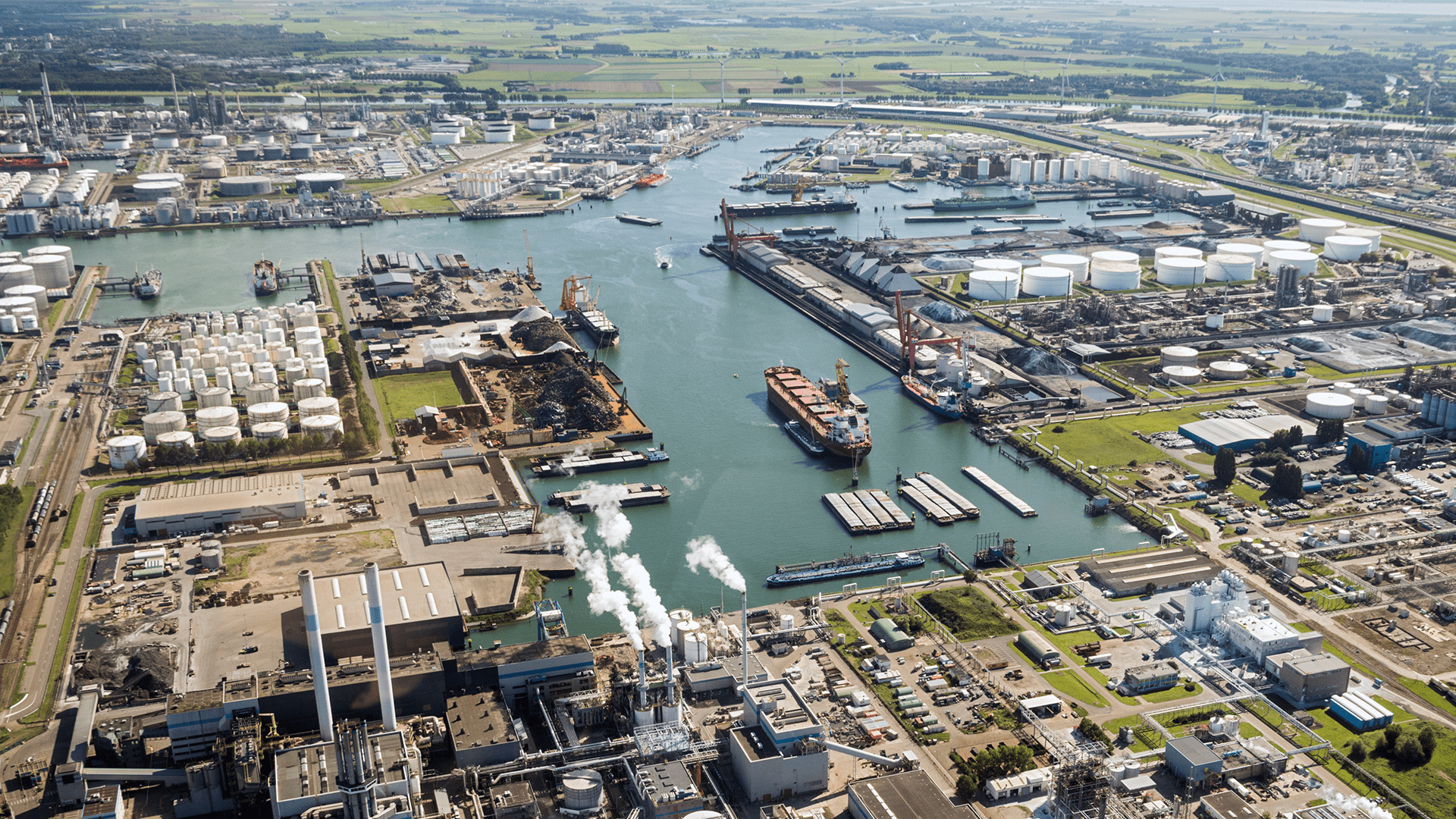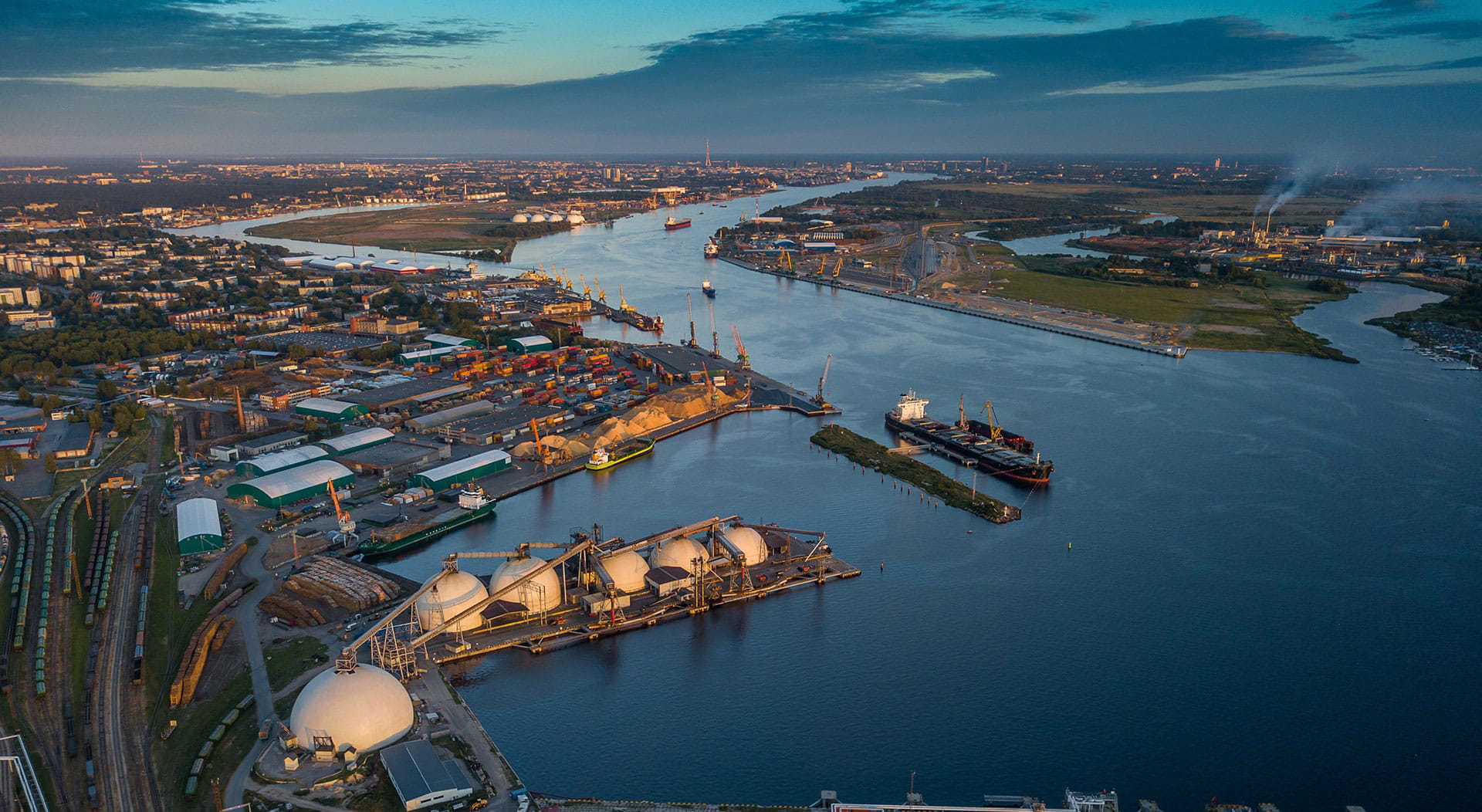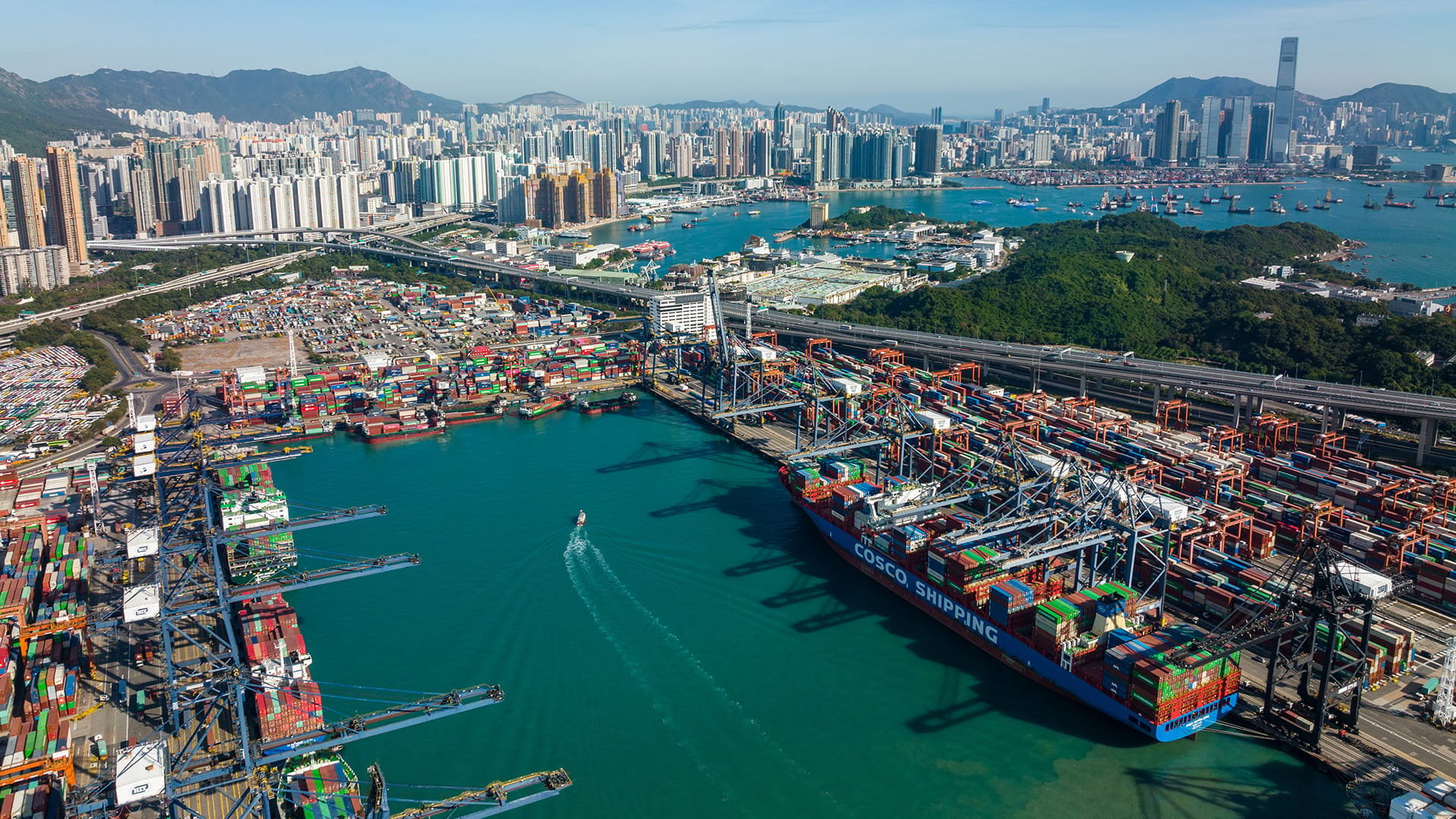Helping Harwich Haven draw a decarbonisation strategy

Project facts
- ClientHarwich Haven Authority
- LocationHarwich, UK
- Date2022-2023
- ChallengeTo understand current greenhouse gas emissions and create a solid plan for improvement.
- SolutionA comprehensive decarbonisation strategy covering Scope 1, 2, and 3 emissions.
The challenge: A need for comprehensive port decarbonisation
The maritime sector makes up 3% of global emissions, so port authorities have a unique opportunity to be leaders in the net zero transition and help influence shipping’s international carbon footprint, and take a lead in reducing their own local operational impacts.
Harwich Haven Authority (HHA) is a trust port, responsible for preserving 150 square miles of the Haven area in Essex, United Kingdom. Over 40% of the country’s container traffic travels through the area, via the Port of Felixstowe, so HHA is a critical protector of the environment and economy.
HHA’s goal is to reach net zero carbon for scope 1 and 2 by 2035. It has made good progress with reporting for Scope 1 and 2 emissions, but was yet to engage with Scope 3 emissions from the wider supply chain.
Knowing that you can’t improve what you don’t measure, HHA set out to establish a robust and accurate emissions baseline that would act as a foundation for its environmental and carbon reduction goals.
The solution: An emissions baseline and clear roadmap for improvement
In collaboration with Royal HaskoningDHV, HHA set an emissions baseline using industry best practice, and developed and implemented a comprehensive decarbonisation plan based on those calculations.
With a thorough analysis of policy, regulations, and a baseline emissions inventory, we were able to identify key interventions which we then prioritised and visualised in a decarbonisation roadmap. The roadmap included a series of practical short- and medium-term targets that will lead HHA to net zero carbon for scope 1 and 2 by 2035.
It’s great to see port authorities acknowledging how important decarbonisation is to their strategy. And it was inspiring to help HHA shape how best to support the UK maritime industry into a greener future.
The result: An aspirational decarbonisation plan
HHA now has a deeper understanding of its Scope 1, 2, and 3 emissions which will support the port authority’s efforts to take significant steps towards achieving their decarbonisation ambitions for emissions under their influence (being scope 1 & 2).
Implementing this strategy will result in reduced greenhouse gas emissions, increased renewable energy usage, improved energy efficiency, and the electrification of equipment, and use of alternative fuels in marine operations.
In addition to pursuing its own goals, HHA recognises the need to address climate change and reduce greenhouse gas emissions, influencing and supporting the wider maritime industry.




